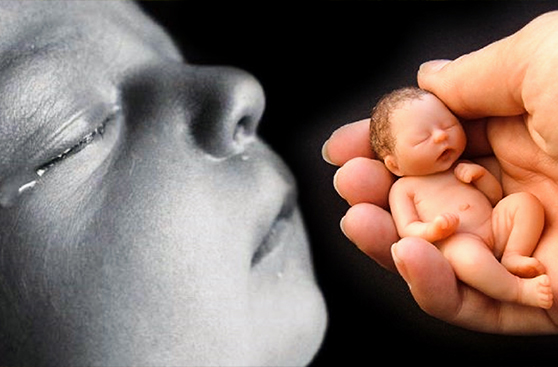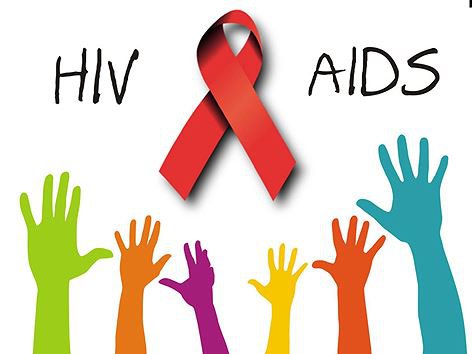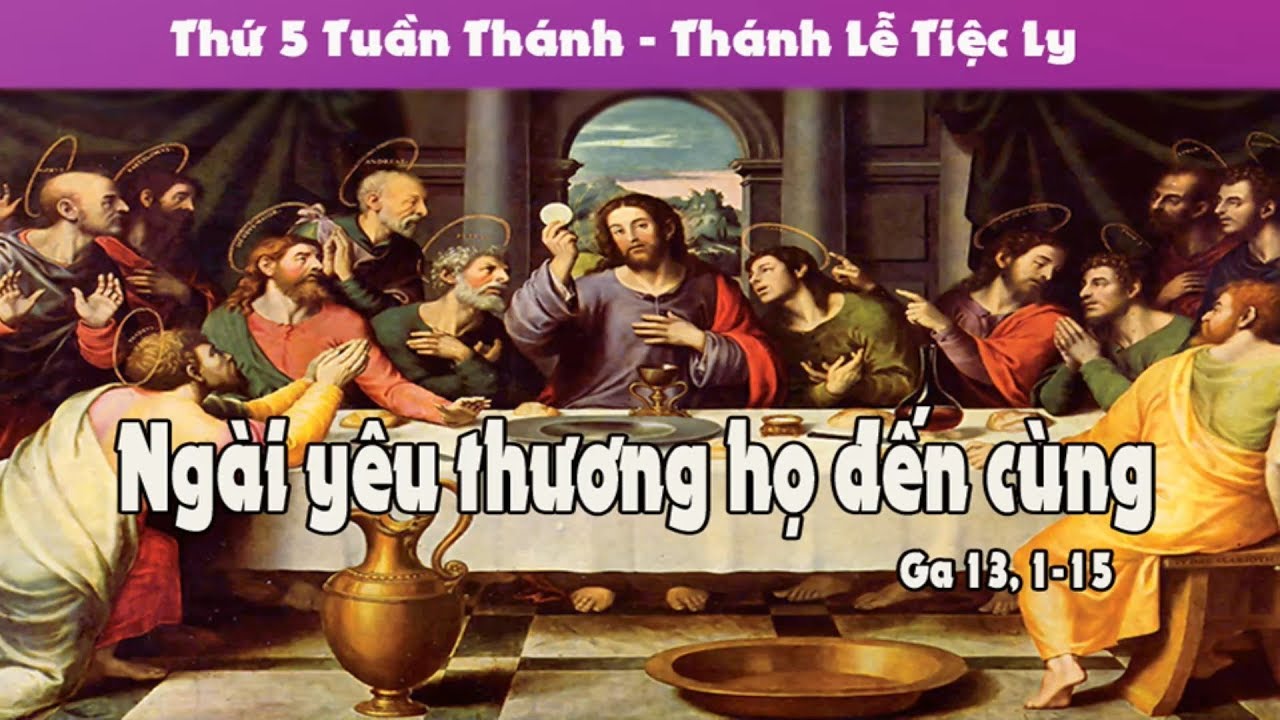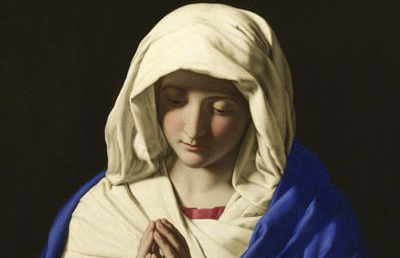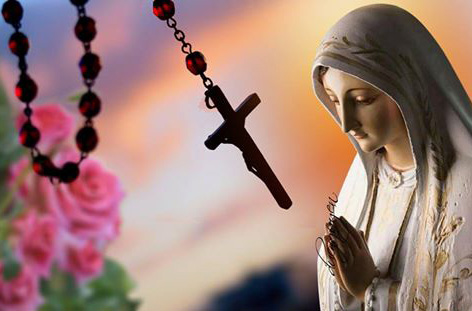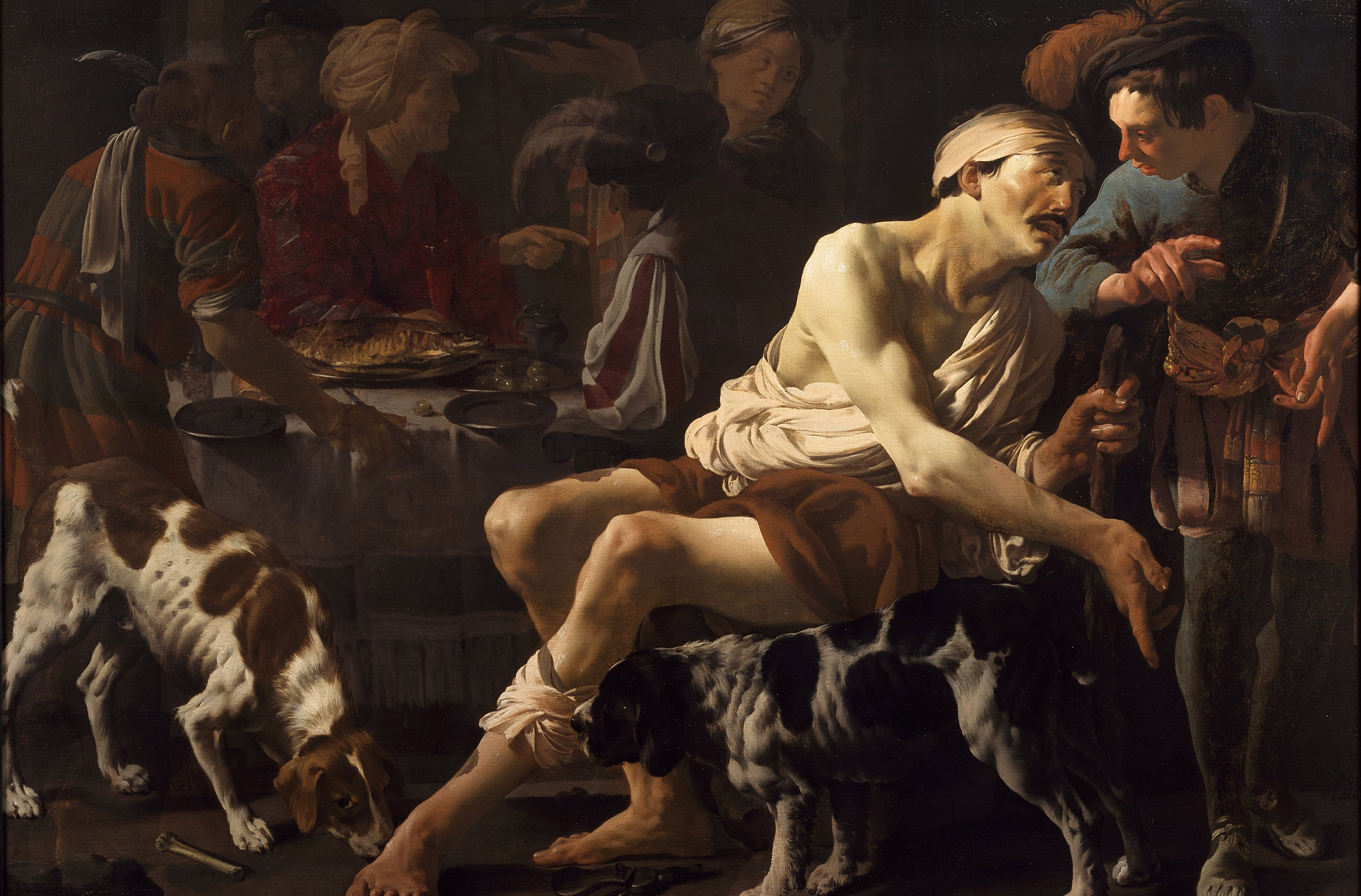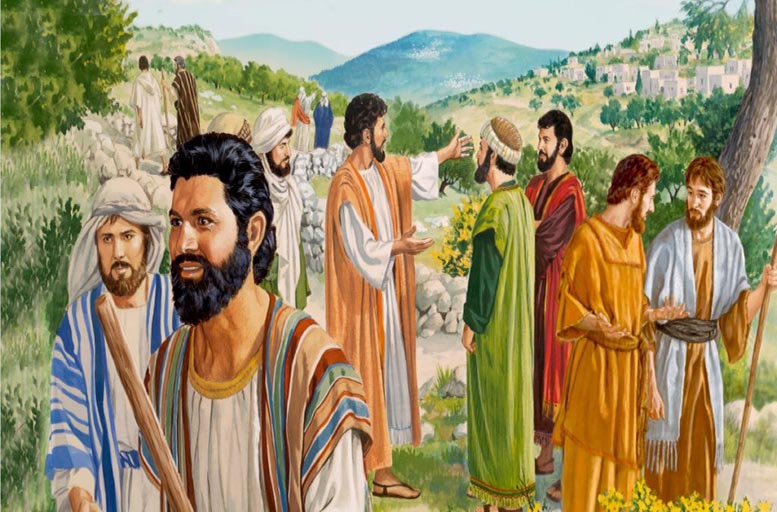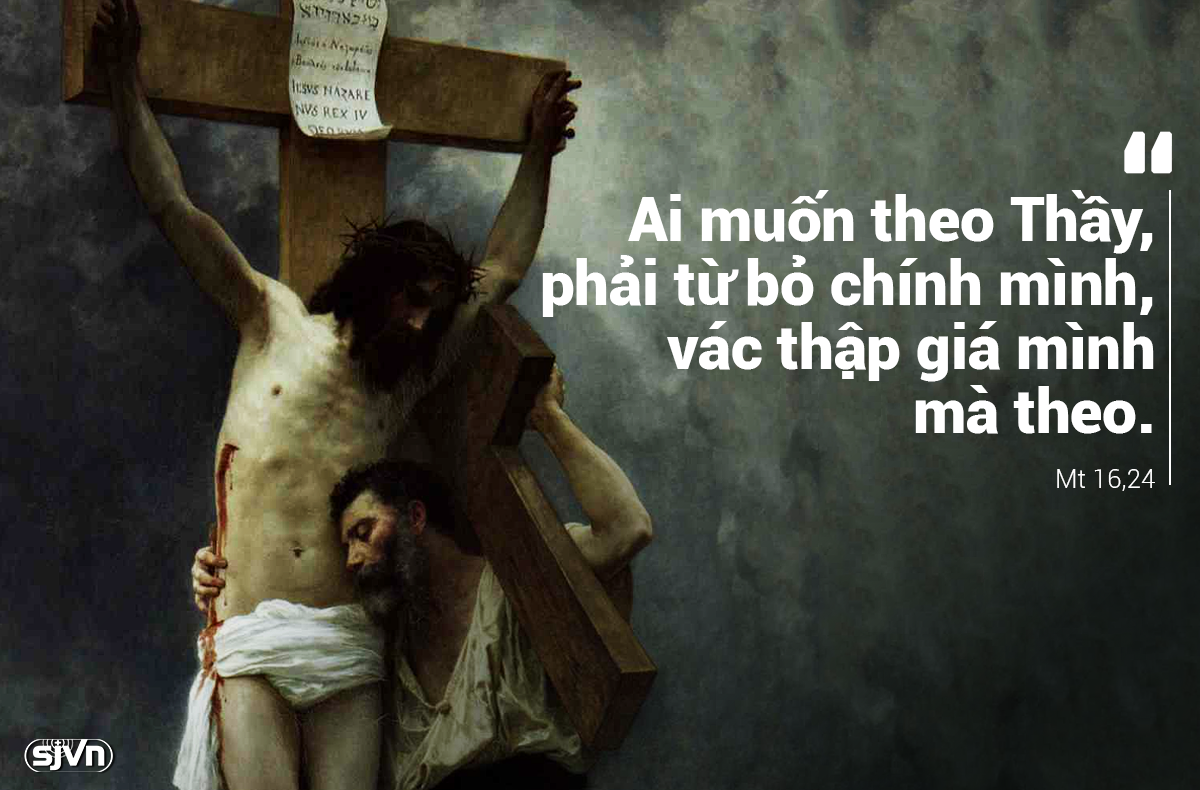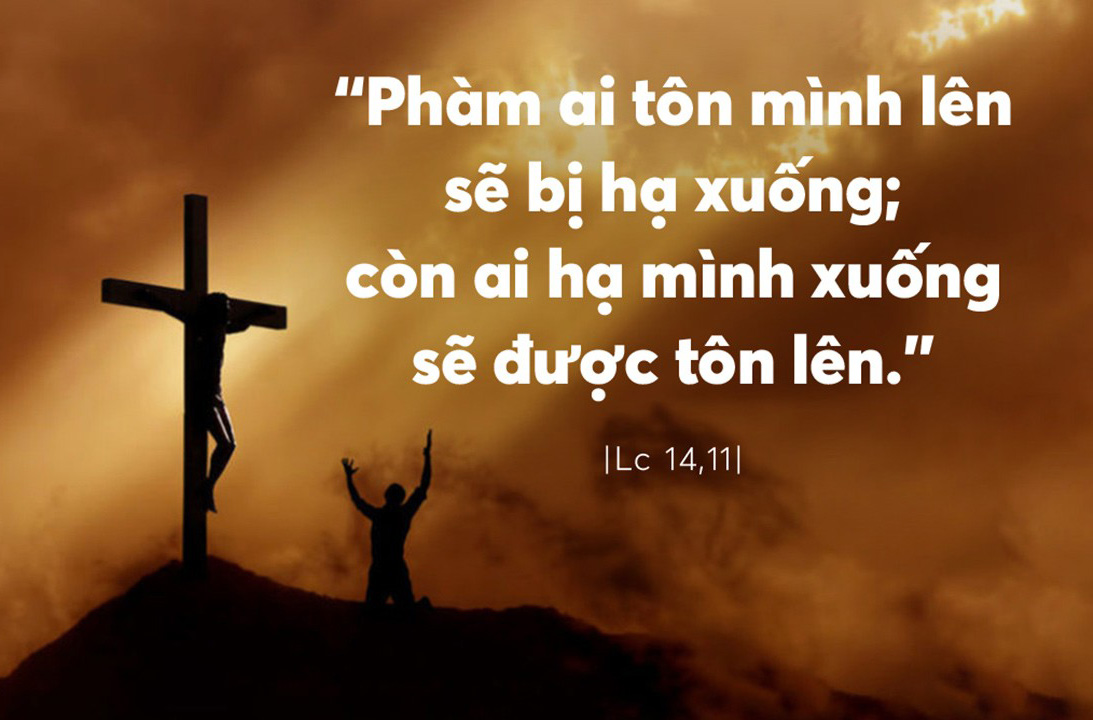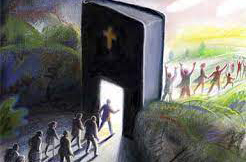Reflection
4th Sunday of Easter | Year B
 John 10:11-18
John 10:11-18
Jesus said: ‘I am the good shepherd:
the good shepherd is one who lays down his life for his sheep.
The hired man, since he is not the shepherd and the sheep do not belong to him,
abandons the sheep and runs away as soon as he sees a wolf coming,
and then the wolf attacks and scatters the sheep;
this is because he is only a hired man and has no concern for the sheep.
I am the good shepherd;
I know my own and my own know me,
just as the Father knows me and I know the Father;
and I lay down my life for my sheep.
And there are other sheep I have that are not of this fold,
and these I have to lead as well.
They too will listen to my voice,
and there will be only one flock and one shepherd.
The Father loves me,
because I lay down my life in order to take it up again.
No one takes it from me;
I lay it down of my own free will,
and as it is in my power to lay it down,
so it is in my power to take it up again;
and this is the command I have been given by my Father.’
Reflection
In a country where even small children are familiar with sheep it should be easy to relate to Jesus’ words about the shepherd and his sheep. New Zealand sheep are well looked after but most don’t experience the personal care of a shepherd who calls them by name. They are anonymous members of a large flock, although each one matters to the farmer.
Most of us have elements of both sheep and shepherd in our lives. When we have the care of others, especially vulnerable people like children and the elderly, the shepherd dimension of our lives is very evident.
Our shepherd instincts may not be so obvious – we may be the kind of person who watches out for neighbours, knows when someone hasn’t appeared for a few days, rings people to make sure they are ok, tackles neighbourhood or school bullies - doing this kind of thing is shepherding.
Most of us would not want to think about having a sheep aspect to our lives. Shepherds are strong and looked up to – but sheep? We can often understand the shepherding we do – and how to improve it – by having a part of our lives where we are in the sheep role.
Sometimes we need to let go of the desire to be out the front, the one doing everything and being all things to all people, and relax into being cared for and led ourselves. If we have shepherd or leadership roles in our lives then it is good to also have an aspect of our lives where we are one of the crowd, not obliged to be out front, able to appreciate the relationship with the shepherd and the company of the other sheep-people in that particular paddock.
We can model ourselves on Jesus in the shepherding aspects of our lives, and grow in the work and mission we carry out for him. We need also to reflect upon ourselves as sheep for whom Jesus is the shepherd, and to allow the experience of being cared for or led by others to help shape our understanding of that relationship. It is this reflection that will deepen our peace and joy as we come to understand just how much Jesus the shepherd cares for us for each of us individually.
The List of Contributions Received by Caritas Vietnam
1. The list of 2024 contributions to the Caritas Vietnam general charity fund
2. The list of 2023 contributions to the Caritas Vietnam general charity fund
Latest project information
Copyright © 2018 by COMMISSION on CHARITY and SOCIAL ACTIONS - CARITAS VIETNAM
Total visits: 25,297,752


